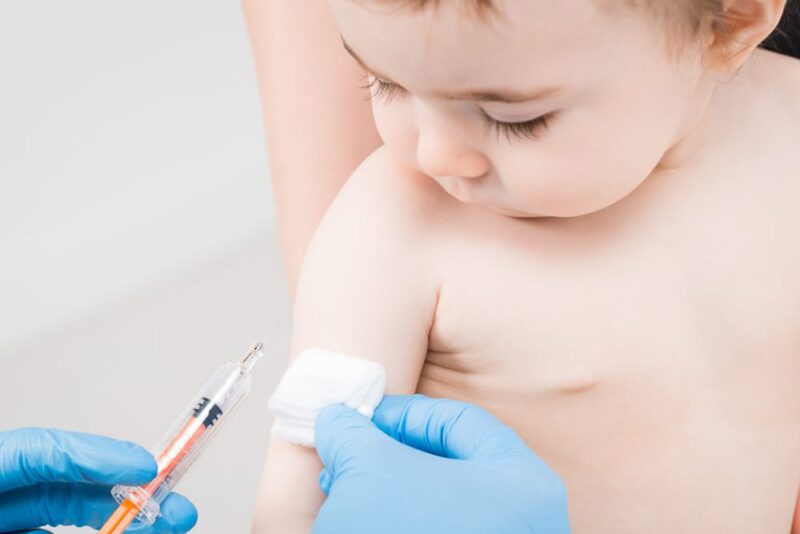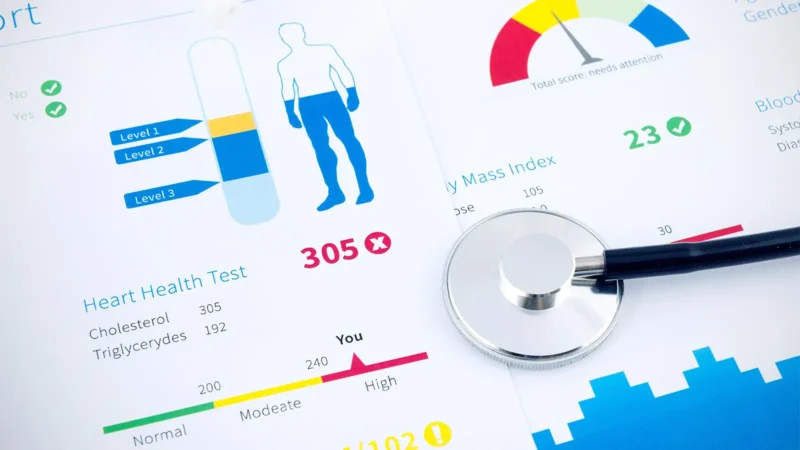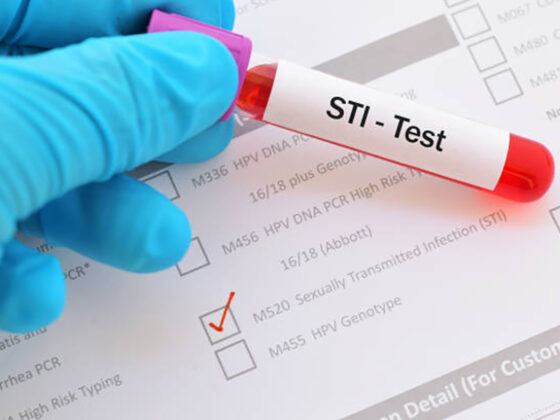Your body can be affected by various types of infections and conditions. Some you may be born with, others due to injury or accidents, while others may happen out of the blue. There are multiple ways to reduce the likelihood of some of these infections occurring. This can be attained through San Antonio preventive care. More about preventive care services and what they are all about is discussed below.
What is Preventive Care?
Preventive care involves multiple ways to inhibit the likelihood of health issues in the future, including disability, medical emergencies, or chronic conditions. This is achieved through frequent screenings for ailments before they worsen enough to reveal symptoms. This dramatically decreases the cost of getting treatment, and they are unlikely to become fatal issues.
Screenings allow medical professionals to use specific techniques that inhibit the chances of getting the disease, such as medications or lifestyle changes. The likelihood of successful treatment increases with the early diagnosis while inhibiting the chances of needing emergency services.
5 Types of Preventive Care

Some of the most widespread and impactful preventive care methods include:
1. Diabetes Screening
Prediabetes or diabetes is one of the most typical chronic conditions. Diabetes can lead to strokes, heart disease, kidney disease, nerve disease, and vision loss. Many people can have diabetes and not know about it even though it can be fatal. Early identification of prediabetes, treatment is less intrusive, and changes in physical activity and diet. Early screenings for diabetes may help significantly decrease mortality rates and health disparities in remote communities.
2. Blood Pressure Tests
This is one of the most usual methods used to find out risk factors for serious illnesses. Most adults should get blood pressure tests at least every three years. Once you get to forty years, annual tests are recommended. High blood pressure tests inhibit heart failure, strokes, and coronary heart conditions, while those for low blood pressure lead to a decrease in heart failure, cerebrovascular issues, and overall mortality.
3. Routine Vaccinations

Vaccinations for children help to offer protection from ailments like hepatitis or polio. Adults can also be vaccinated for conditions like flu and TDaP. These shots can also be administered once in every pregnancy.
4. Cholesterol Tests
Cardiovascular issues can be decreased by getting cholesterol tests as frequently as every five years. These issues may lead to strokes or heart attacks which early diagnosis prevents through heightened physical activity or medication. Other risk factors that may require you to get a cholesterol check include hypertension, diabetes, or smoking.
5. Cancer Screenings

The most widespread checks for cancer are colonoscopies and mammograms. Mammograms are done to identify breast cancer before it spreads and takes about twenty minutes. Early diagnosis and treatment may effectively heal breast cancer. Colonoscopies check out for colorectal cancer, with early detection being advantageous. Colorectal cancer can also be diagnosed through a CT colonography or a stool test.
Preventive care aims for early detection and quick treatment of conditions before they become more complex to deal with and before severe symptoms start to appear. Check out our website or call our offices in San Antonio, TX, for any preventive care inquiries.


